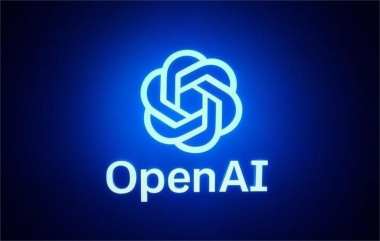
According to reports, OpenAI has unveiled the highly anticipated ChatGPT Atlas, an AI-powered web browser built on its popular chatbot technology, positioning itself as a direct competitor to Google Chrome. This launch marks the company's latest move to leverage ChatGPT's 800 million weekly active users, expanding its reach into more aspects of users' online lives by analyzing browser activity. As more users shift toward conversational tools that synthesize information instead of relying solely on keyword-based search results, Atlas could accelerate a broader shift toward AI-driven web experiences, intensifying the rivalry between OpenAI and Google.
Atlas enters an increasingly competitive field that includes AI-powered browsers like Perplexity Comet, Brave, and Opera Neon, all designed to help users summarize pages, complete forms, or even write code. The browser allows ChatGPT to appear in a sidebar across any window, enabling users to compare information, analyze data from websites, or summarize content in real time. In its "agent mode," now available to paid users, ChatGPT can act on behalf of users to complete full tasks, such as searching for and purchasing travel services or groceries. In a recent demonstration, the AI located an online recipe and automatically added all required ingredients to a shopping cart on Instacart, completing the task in minutes.
Atlas is currently available on macOS, with Windows, iOS, and Android versions expected soon. Since the launch of ChatGPT in late 2022 under Sam Altman, OpenAI has disrupted the tech landscape and faced intense competition from Google and startups like Anthropic, while continuously exploring new areas for growth.
In response, Google has adapted its search approach, integrating AI summaries alongside traditional search results to provide chatbot-like experiences. Its Gemini AI model, incorporated into Chrome for U.S. users in September, is set to expand to iOS devices. Meanwhile, a U.S. federal court recently ruled that Google does not need to divest Chrome, allowing the company to continue paid promotion of its search engine, highlighting how large-scale AI investments are reshaping traditional search.
Despite the growing competition, Google Chrome remains dominant, holding 71.9% of the global browser market in September, according to StatCounter. Analysts note, however, that the launch of OpenAI's browser could introduce new dynamics in advertising revenue. "Integrating chat functionality into a browser signals that OpenAI could eventually enter the ad market. Once it does, it may capture a notable share of search ad revenue currently dominated by Google, which controls roughly 90% of this space," said Gil Luria, an analyst at D.A. Davidson.




